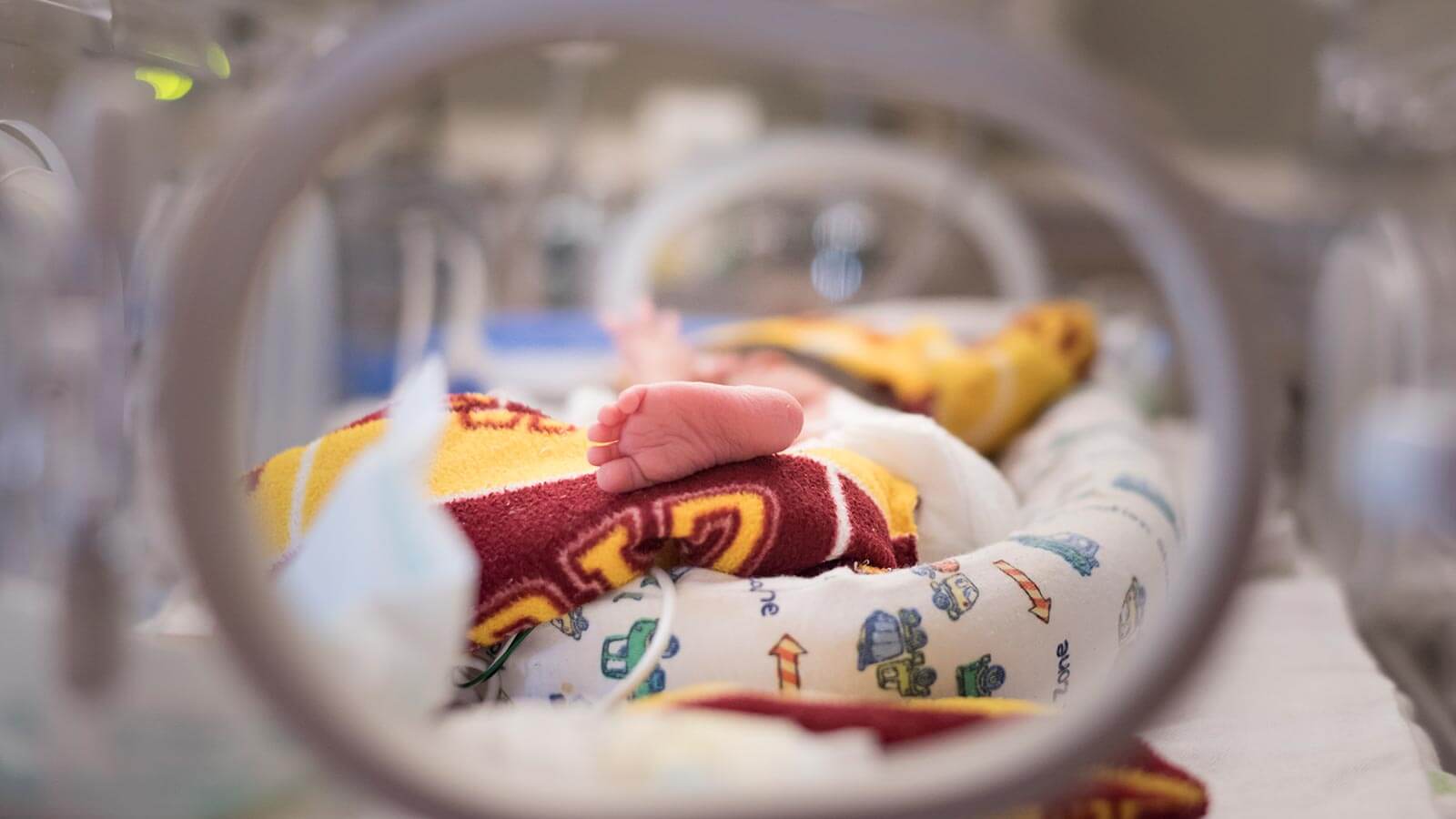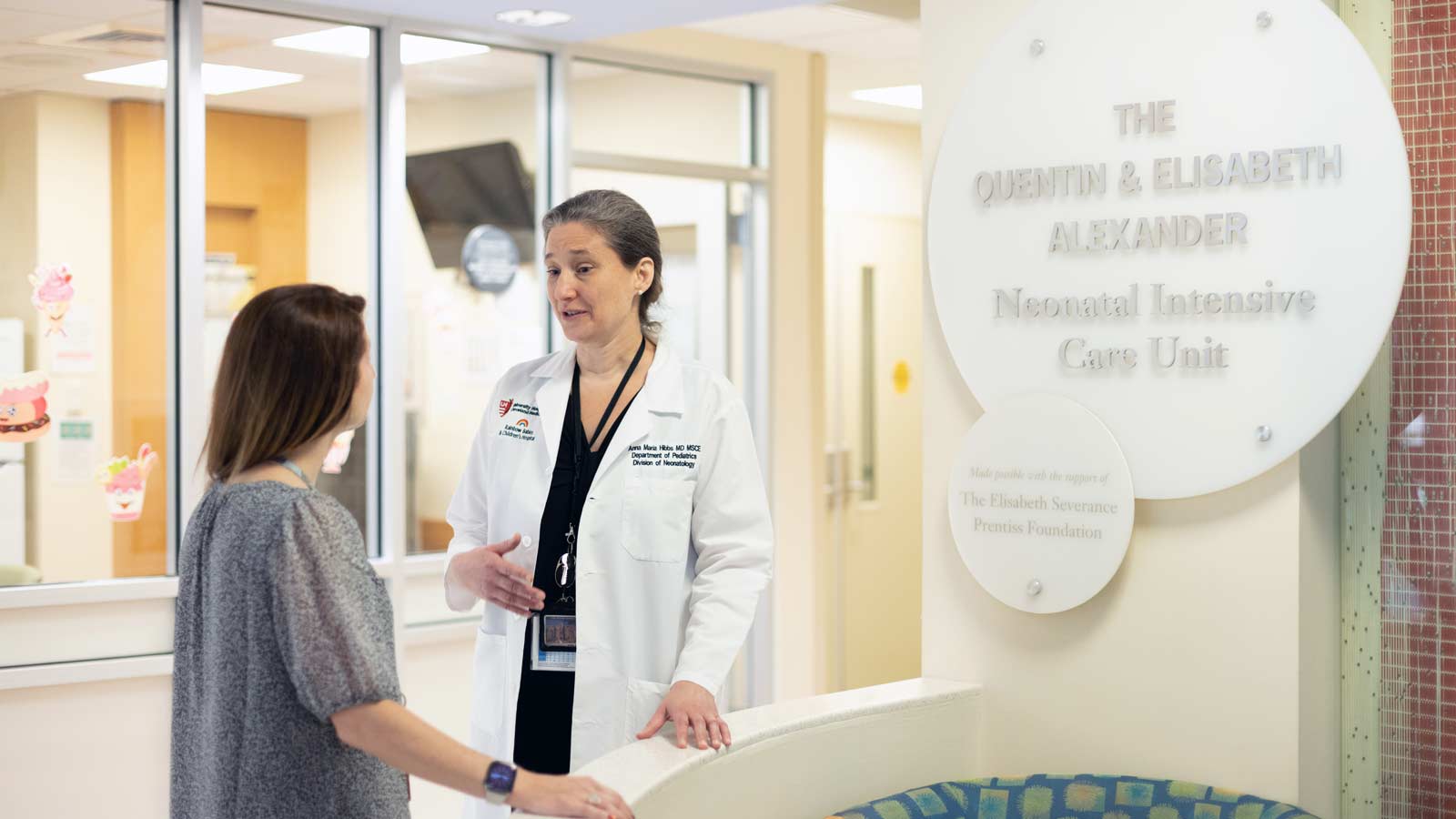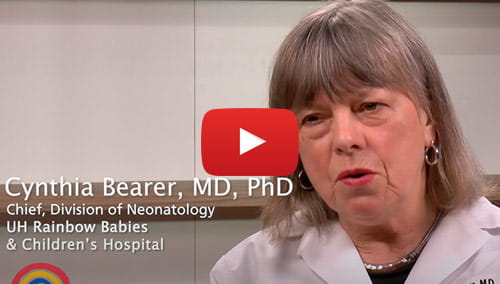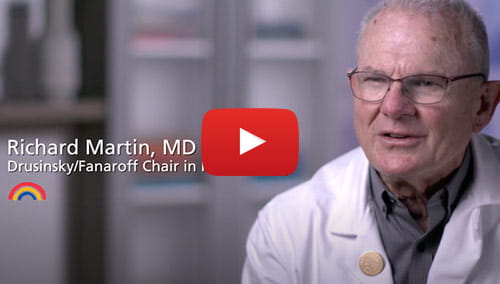
Research Pioneers of Newborn Care
University Hospitals Rainbow Babies & Children’s Hospital is one of the pioneers of newborn care. For more than 50 years, our researchers and physicians have conducted key clinical studies that have changed how we care for newborns.
Expanding upon the insight of our clinical pediatric research and studies, UH Rainbow Babies & Children’s Hospital principal investigators have a rich tradition of modeling neonatal disease in the basic science laboratory to explore potential mechanisms underlying numerous NICU outcomes and to test novel therapies.

Innovations in Neonatology
By bridging mechanistic discovery and clinical application, the Division of Neonatology continue to elevate the standards of care and long-term outcomes for neonates worldwide. Read more about the latest advancements and science shaping the future of care.

Evaluation of intravenous immunoglobulin in infants with hemolytic disease
Researchers develop a new institutional guideline for the use of IVIG in severe hyperbilirubinemia.
– Mary Nock, MD and Rita Ryan, MD
HIE alters the protein content of lipid rafts in the cerebellum
Understanding the role of extracellular calcium sensing receptor for better CPAP
A study by Richard Martin, MD and a team of researchers determine CaSR in CPAP effects on airway function with implications for wheezing in former preterm infants.




